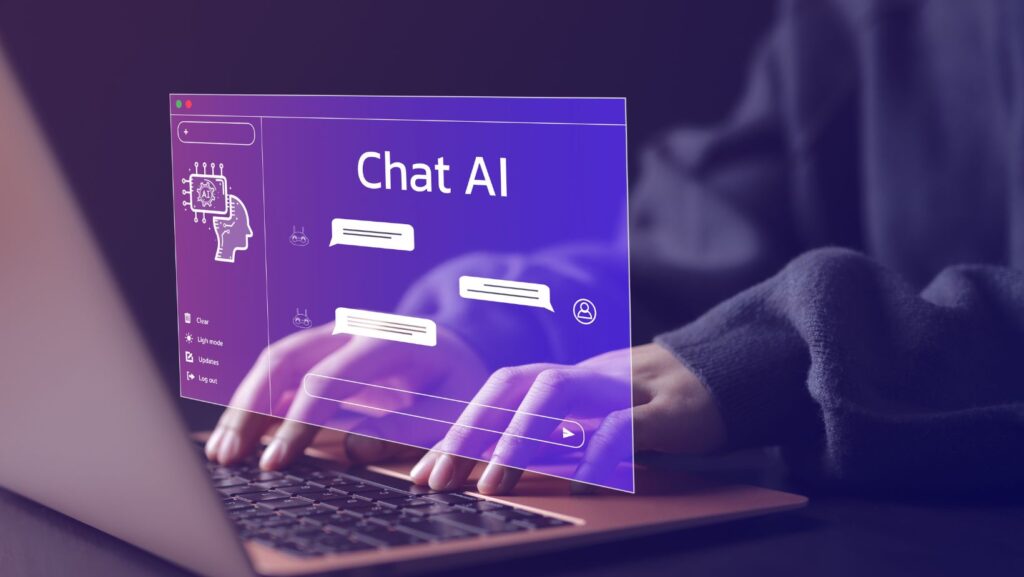As an expert in the field, I’ve witnessed the transformative power of machine learning artificial intelligence across industries. From healthcare to finance, these technologies are reshaping the way businesses operate. The ability to analyze vast amounts of data and derive valuable insights has become a game-changer for companies looking to stay ahead in today’s competitive landscape.
In this article, I’ll delve into the impact of machine learning artificial intelligence on various sectors, exploring the innovative applications that are revolutionizing traditional processes. Whether it’s optimizing supply chains, personalizing customer experiences, or enhancing cybersecurity measures, the potential of AI and machine learning knows no bounds. Join me as we uncover the endless possibilities that these technologies offer for businesses across different industries.
Machine Learning Artificial Intelligence
In the healthcare industry, machine learning artificial intelligence (AI) has revolutionized the way medical professionals analyze and interpret vast amounts of data. AI algorithms can quickly process patient information and medical records, leading to more accurate diagnoses and personalized treatment plans.
With the help of AI, healthcare providers can identify patterns and trends in patient data to predict potential health issues, allowing for proactive interventions and improved patient outcomes. Moreover, AI-powered systems can enhance medical imaging analysis, aiding in the early detection of diseases such as cancer, thereby saving lives through timely interventions.
Healthcare AI tools also play a crucial role in optimizing hospital operations, reducing administrative burdens, and streamlining workflows. By automating repetitive tasks like scheduling appointments and managing medical records, AI frees up healthcare professionals to focus more on patient care, enhancing overall efficiency and satisfaction.

Finance Sector
In the finance sector, machine learning artificial intelligence is revolutionizing operations, enhancing decision-making processes, and mitigating risks. AI algorithms analyze vast amounts of financial data in real-time, providing insights for investment strategies and risk management.
With AI, financial institutions can detect fraudulent activities more efficiently, improving security and compliance measures. Predictive analytics algorithms help in forecasting market trends, customer behavior, and optimizing personalized financial services offerings.
Robo-advisors powered by AI offer automated investment advice, portfolio management, and financial planning services. These systems provide customized investment solutions based on individual preferences and risk tolerance levels.
Retail and E-commerce
In Retail and E-commerce, AI is revolutionizing the way businesses operate, offering personalized shopping experiences, optimizing supply chain management, and enhancing customer service.
Here are some key points about AI in Retail and E-commerce:
- Personalized Shopping: AI-driven algorithms provide tailored recommendations and promotions based on customer behavior and preferences, increasing sales and customer satisfaction.
- Inventory Management: AI analyzes real-time data to forecast demand accurately, reducing excess inventory and avoiding stockouts, leading to cost savings and improved efficiency.
- Predictive Analytics: By analyzing vast amounts of data, AI predicts consumer trends and behaviors, enabling businesses to adapt their strategies proactively and stay ahead of the competition.
- Chatbots: AI-powered chatbots offer 24/7 customer support, responding to inquiries promptly and enhancing the overall shopping experience for consumers.
- Visual Search: With AI-powered visual search, customers can upload images to find similar products, simplifying the search process and driving conversions.
AI in Retail and E-commerce is reshaping the industry landscape, optimizing operations, improving customer engagement, and driving growth in an increasingly competitive market.

Manufacturing and Logistics
When it comes to Manufacturing and Logistics, machine learning artificial intelligence (AI) is playing a pivotal role in streamlining processes, enhancing efficiency, and optimizing operations. Here’s how AI is transforming this sector:
- Predictive Maintenance: AI algorithms analyze equipment data to predict maintenance needs, reducing unplanned downtime and optimizing maintenance schedules.
- Supply Chain Optimization: AI enables real-time monitoring of inventory levels, demand forecasting, and efficient inventory management, leading to cost savings and improved supply chain efficiency.
- Quality Control: AI-powered systems can identify defects in products, streamline quality control processes, and minimize waste.
- Logistics and Route Optimization: AI algorithms optimize delivery routes, reduce transportation costs, and enhance overall logistics efficiency.
- Warehouse Automation: AI-driven robots and systems are transforming warehouses by automating tasks such as picking, sorting, and packing, increasing operational productivity.
- Enhanced Safety: AI technology enhances workplace safety by predicting potential hazards and identifying safety risks in real-time, thereby preventing accidents.
In the manufacturing and logistics sector, AI is revolutionizing operations, driving innovation, and redefining the way businesses manage their production, supply chain, and logistics processes. With AI-powered solutions, companies can achieve greater efficiency, cost savings, and competitiveness in an ever-evolving market landscape.



